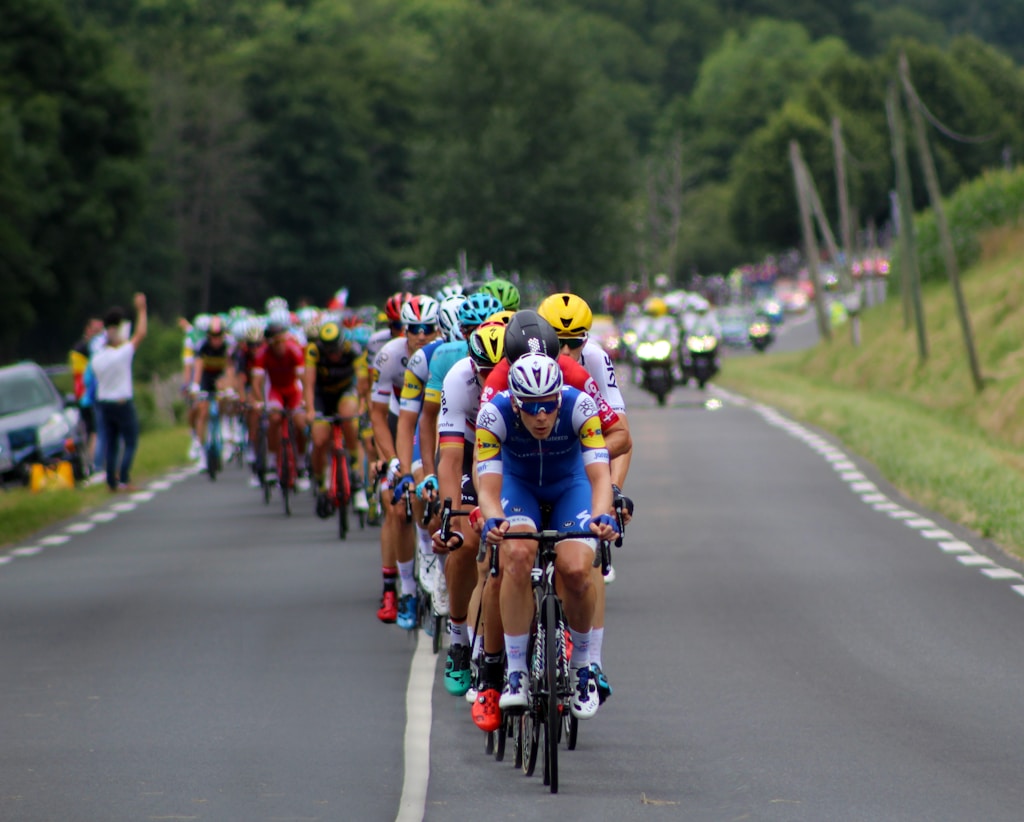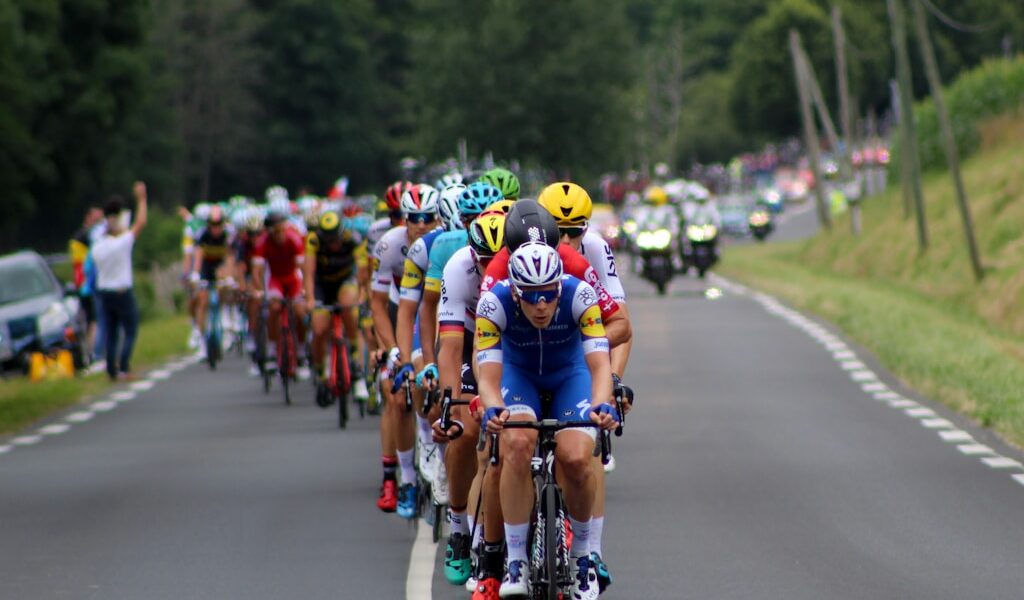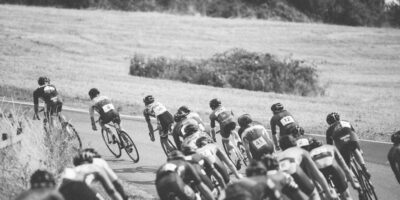Cycling Competitions for Amateurs
Cycling competitions for amateurs are widely available and offer numerous benefits. Participating in these events builds fitness, creates camaraderie, and allows for personal goal setting. Various types of amateur cycling competitions exist, each catering to different skills and interests.

Types of Amateur Cycling Competitions
Road races, time trials, criteriums, cyclocross, and mountain biking are some primary categories. Every type presents unique challenges and requires specific preparation.
Road Races
Road races occur on paved roads and vary in distance. They usually consist of mass-start events where riders begin together. These races can span from short circuits to lengthy routes over a hundred miles.
Time Trials
Time trials focus on individual performance against the clock. Cyclists start at set intervals, aiming to complete the course in the shortest time. Time trials often take place on flat, straight courses, emphasizing speed and aerodynamics.
Criteriums
Criteriums, or crits, are short races on closed-loop circuits, typically 1-2 miles long. These races last from 30 to 90 minutes and require quick sprints, tight corners, and constant positioning within the pack. Criteriums are spectator-friendly due to their compact courses.
Cyclocross
Cyclocross races involve mixed-terrain courses with obstacles that may require dismounting and running with the bike. These events usually take place in the fall and winter months. Courses may include grass, mud, sand, and pavement segments.
Mountain Biking
Mountain biking competitions occur on off-road trails with varied terrain. Races can feature singletrack paths, rocky descents, and steep climbs. The focus is on technical skills and endurance.
Preparing for Amateur Competitions
Preparation is key when entering cycling competitions. Training, equipment, and nutrition should all be considered.
Training
Structured training plans help improve performance. Incorporate endurance rides, interval training, and recovery days. Consistent training builds strength and stamina. Beginners should focus on gradually increasing their mileage and intensity to avoid injuries.
Equipment
Quality equipment can make a difference. A well-maintained bike suited to the competition type is essential. Invest in proper cycling apparel, including a helmet, padded shorts, and cycling shoes. Ensure regular maintenance checks to keep the bike in optimal condition.
Nutrition
Proper nutrition supports training and performance. Maintain a balanced diet rich in carbohydrates, proteins, and fats. Hydration is crucial; carry water or electrolyte solutions during long rides. Experiment with different energy gels and bars to find what works best for your body.
Joining a Cycling Club
Cycling clubs offer support and community for amateur riders. Joining a club provides access to group rides, training resources, and social events. Experienced members can offer valuable advice and mentorship. Clubs often have partnerships with local bike shops, leading to discounts on gear and services.
Safety in Competitions
Safety should always be a priority in cycling competitions. Wear a helmet and bright-colored clothing. Follow race rules and signals from race officials. Be aware of your surroundings and communicate with fellow riders. Inspect your bike before each race to ensure it is in good condition.
Finding Competitions
Many resources are available to find amateur cycling competitions. Local cycling clubs, bike shops, and online platforms often list upcoming events. Websites like BikeReg, USA Cycling, and local cycling association pages offer detailed event calendars and registration information.
Benefits of Competing
Competing in cycling events builds physical fitness and mental resilience. Riders often report increased discipline, better stress management, and a sense of achievement. Social interactions within the cycling community lead to lasting friendships and support networks. The experiences gained through competition are invaluable, contributing to overall well-being and personal growth.
Overcoming Challenges
Amateur cyclists may face various challenges, including training setbacks, mechanical issues, or performance anxiety. Approach these challenges with a problem-solving mindset. Seek advice from experienced cyclists and remain patient. Persistence and adaptability are crucial to overcoming obstacles.
Highlighting Success Stories
Many amateurs have turned their passion for cycling into notable achievements. Stories of personal milestones, podium finishes, and improvement serve as motivation. Sharing these successes within the community encourages others to set and reach their goals.
Balancing Competition and Life
Balance between cycling and other commitments is essential. Plan training around work schedules and family time. Open communication with loved ones helps in managing expectations and support. Prioritizing rest and recovery prevents burnout and maintains enthusiasm for the sport.
Continuing Education
Staying informed about cycling techniques, equipment innovations, and health tips enhances performance. Attend workshops, read cycling literature, and subscribe to relevant blogs and podcasts. Continuous learning helps amateurs make informed decisions and stay motivated.
Encouraging Newcomers
Seasoned amateurs play a vital role in welcoming and mentoring new cyclists. Share experiences, offer guidance, and provide encouragement. A supportive environment fosters growth and enjoyment for all participants. Organize introductory rides and information sessions to help newcomers acclimate.
Local Impact
Amateur cycling competitions positively impact local communities. These events boost local economies through tourism and related spending. They also promote active lifestyles and environmental awareness. Involvement in local events strengthens community ties and fosters a spirit of collaboration.
Recommended Cycling Gear
Garmin Edge 1040 GPS Bike Computer – $549.00
Premium GPS with advanced navigation.
Park Tool Bicycle Repair Stand – $259.95
Professional-grade home mechanic stand.
As an Amazon Associate, we earn from qualifying purchases.



